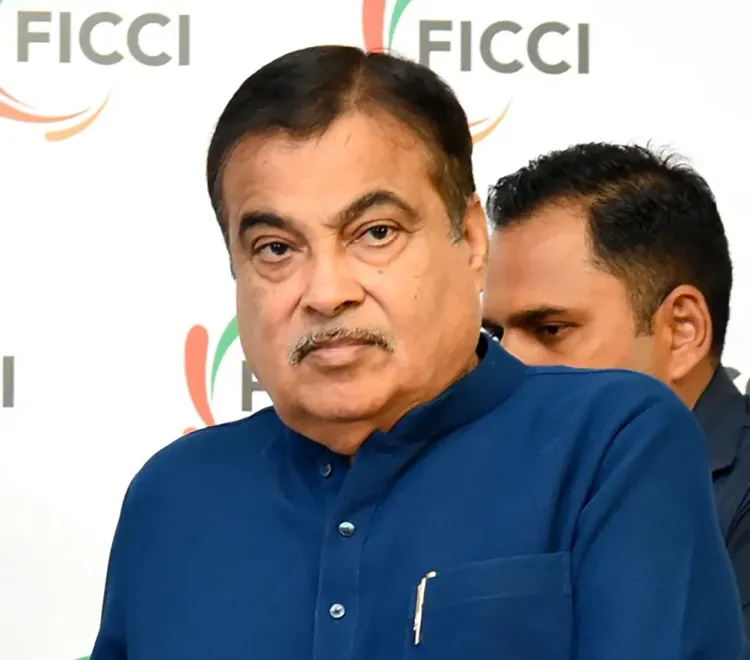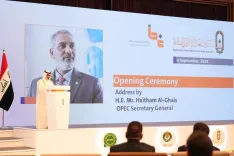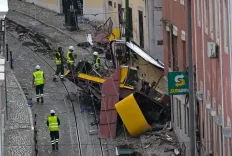Should Students Learn Road Safety in Regional Languages?

Synopsis
Key Takeaways
- Integration of road safety education into school curricula is underway.
- Focus on educating children from early age.
- Prominent campaigns featuring celebrities aim to enhance awareness.
- Incentives for Good Samaritans encourage public support.
- Data-driven audits will identify and address high-risk areas.
New Delhi, Sep 4 (NationPress) Union Minister for Road Transport and Highways (MoRTH) Nitin Gadkari announced on Thursday that his Ministry, in partnership with the Education Ministry, is incorporating road safety education into the curricula of schools and colleges in all regional languages.
This nationwide initiative was formally launched at a Central School event, symbolizing the start of a comprehensive awareness campaign aimed at the youth throughout the nation, as stated in an official release.
Gadkari spoke at the 7th Edition of the FICCI Road Safety Awards & Symposium 2025, which focused on the theme “Vision Zero: Life First, Always” in Delhi.
He underscored the significance of collective responsibility and active community involvement to effect meaningful changes on the roads.
“As we continue to enhance regulations, enforcement, and infrastructure, the primary challenge remains — altering human behavior on the road, despite significant technological advancements. The most effective approach is to educate our children early—through awareness, education, and training,” stated Gadkari.
Additional key initiatives announced during the event included: the adoption of the Bharat NCAP (New Car Assessment Program) for improved vehicle safety; the enforcement of the Bus Body Code and road safety audits; as well as provisions for air-conditioned truck cabins and fatigue detection systems to ensure safer working environments for truck drivers.
Other initiatives included awareness campaigns featuring icons like Amitabh Bachchan and musical collaborations with Shankar Mahadevan, translated into 22 Indian languages to foster nationwide awareness.
The official statement also noted a reward of Rs 25,000 per incident under the Rah-Veer Scheme to motivate Good Samaritans who assist victims of road accidents; mandatory lift-equipped foot overbridges, and the promotion of scooter-friendly infrastructure to improve pedestrian safety and inclusivity.
Furthermore, measures such as data-driven road safety audits to pinpoint high-risk zones, analyze the root causes of accidents, and implement corrective actions were discussed. Outreach efforts encouraging citizens, including retired professionals, to volunteer in schools and colleges to promote road safety awareness were also highlighted.









